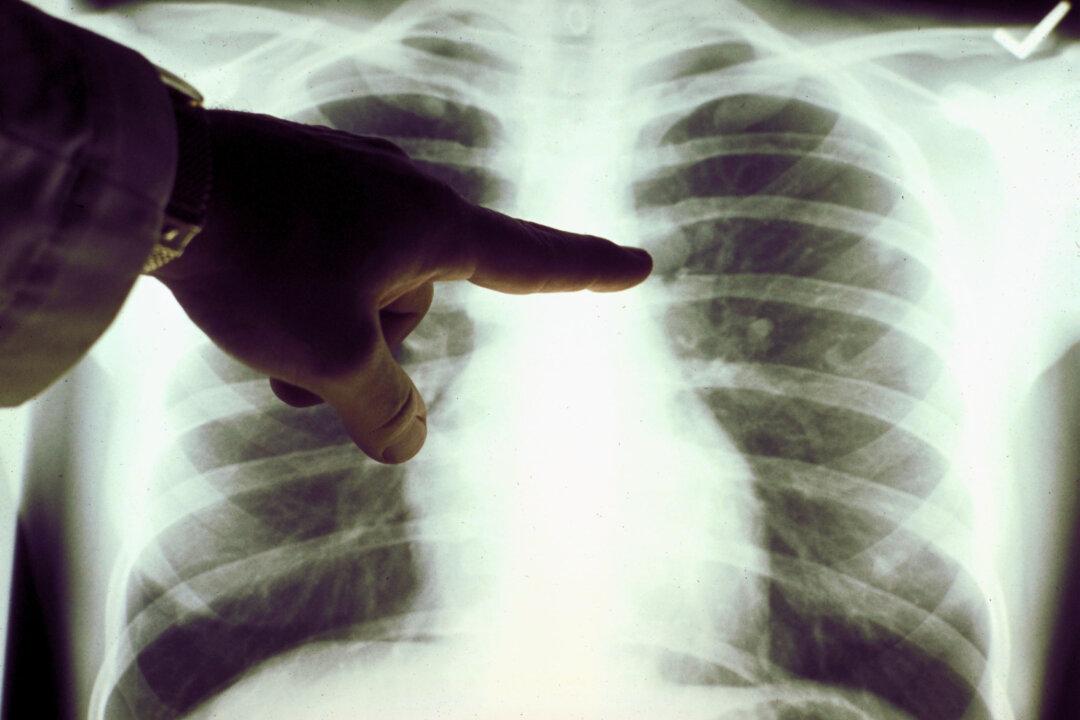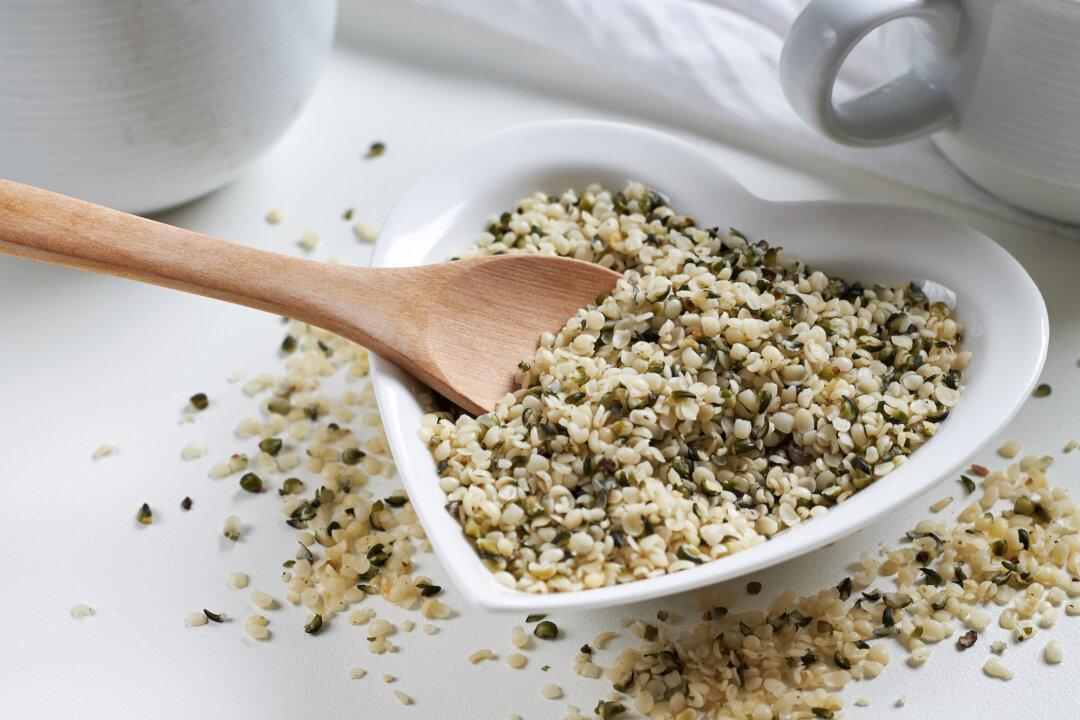Since none of us are immortal, the impulse to estimate how many years we might have left is perfectly natural. But, what is the most accurate predictor of lifespan? Some studies have focused on factors such as telomere length, while others have examined levels of important antioxidants like glutathione. But, it turns out that het biggest clue to longevity is your lung function.
In fact, a peer-reviewed study supports this point of view. And, with COVID around, we thought this a very important topic to discuss. So, today, we’ll focus our attention on how lung health is directly connected to our ability to live a long, healthy life or not!





